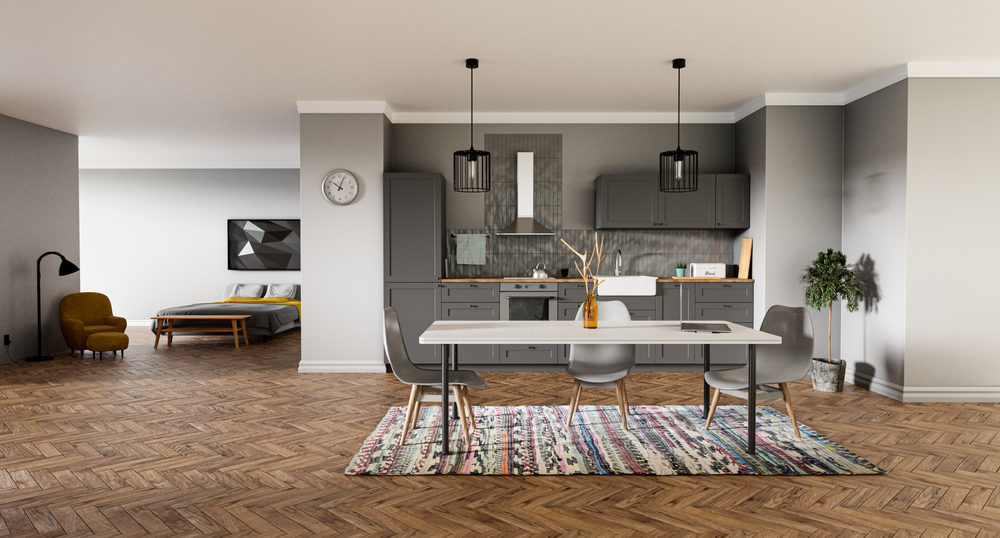3 Tips For Planning Your Home Renovation

Home renovations can be a little daunting on the surface. After all, not only are you planning a (sometimes expensive) project that shapes your household, but this is where you’re supposed to live! What if you make a pig’s ear of it, and then live in a damaged property that costs too much money to repair? Well, these fears are irrational on the surface of course, but that reassurance doesn’t particularly help when you’re a little nervous.
Well, like with anything, good planning can put your worries to rest and give you a nice structure to follow. In this post, we’ll discuss five tips to plan that home renovation so you can more easily sink into a step-by-step progression instead of worrying about perfecting the whole process at once.
For newcomers, this approach can seem much more manageable. For those with past experience, it provides the mental bandwidth necessary to review your assumptions and do even better work than you had previously. Let’s get started:
Set The Parameters For DIY & Professional Help
If you have any skill in DIY or home construction (perhaps you’ve renovated once before as we mentioned above), you may feel a sense of ambition to do more this time. That’s great! But it’s important to be very mindful of your limitations. Unless you’re fully qualified and licensed, it’s best not to engage in any electrical work, plumbing work, or uninstalling/refitting fixtures like a garage door. Instead, you can invest in great tools for sale and be very clear about the areas that benefit from your deft touch. This way, you won’t feel tempted to risk your safety, even if your budget is running a little dry.
Set A Budget Buffer
It doesn’t take much for a home renovation to go over schedule and over budget at the same time. We like to imagine there must be something wrong with the plans for this to happen, but that’s not always the case. Maybe you accidentally damaged something while pulling out your kitchen cabinets, or roofing work just can’t commence thanks to an unexpected heavy downpour. So, it’s wise not to think you can “afford” the renovation until you have a somewhat lenient budget buffer in place. This way, a small knock to the schedule or impromptu repair is no longer as damaging as it could have been.
Set Your Contractor Boundaries
Contactors have working conditions of course, and many of them are entirely understandable and should be part of the contract. But make sure every provision you require is in that contract. Maybe you want to install a particular kind of window, fitted wardrobes, or have a unique staircase installed to a specific standard. It’s important to make certain both parties agree ahead of time, so a contractor providing their own supplies or designing the most convenient solution doesn’t denigrate your plans. That way, no disputes can take place, no payment provisions will be withheld, and work can be done as expected.
With this advice, you’ll be sure to plan your home renovation to a wise standard.





